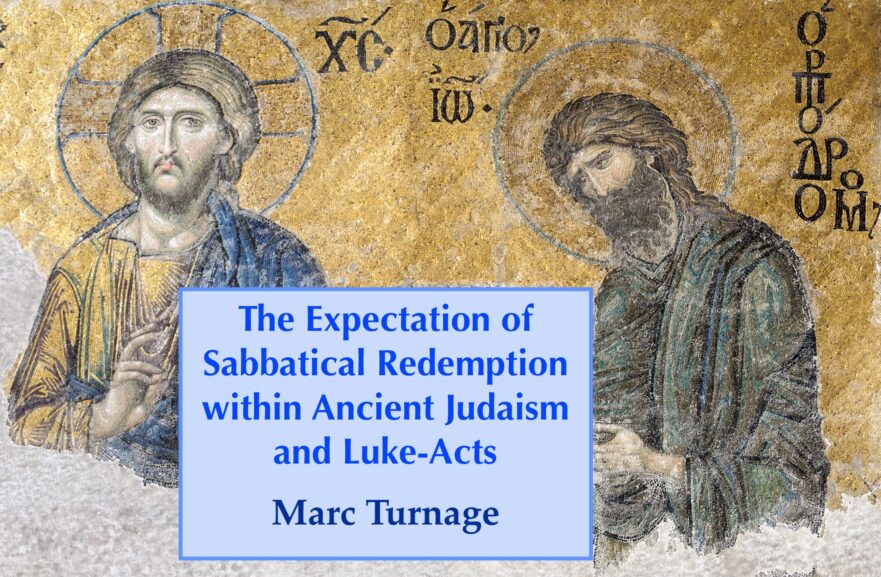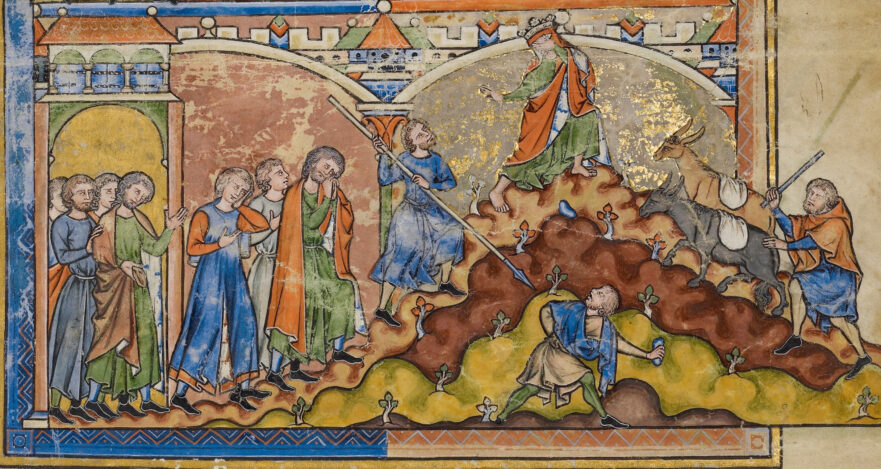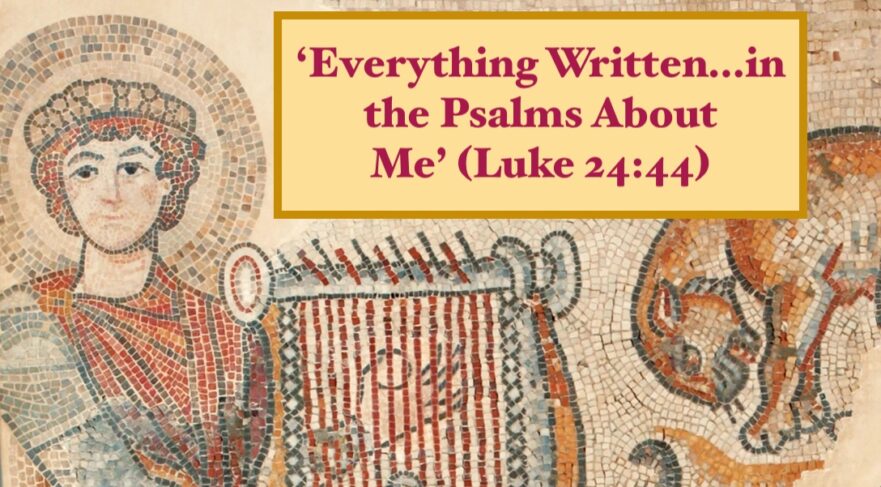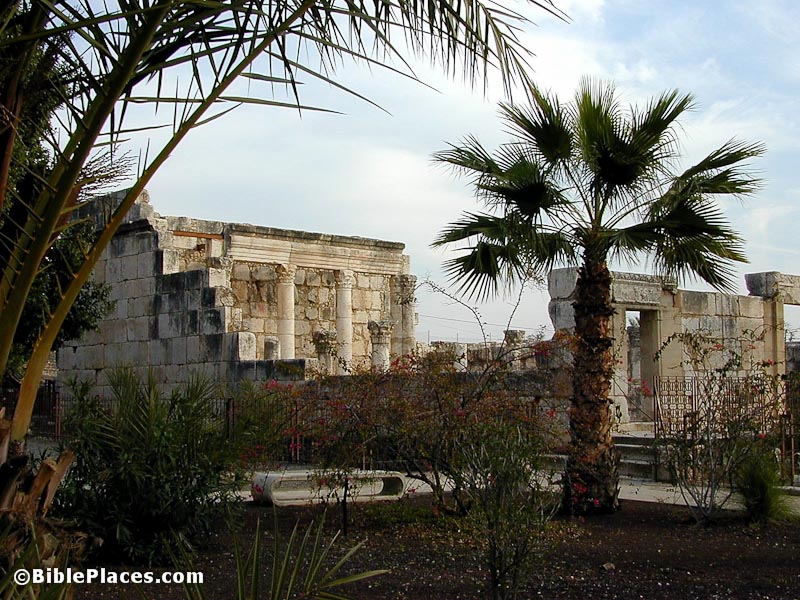Luke-Acts attests to the connection of the movements of John the Baptist and Jesus to ancient Jewish hopes of sabbatical redemption.
Son of Man’s Coming

Son of Man’s Coming describes the cessation of the times of the Gentiles and the ultimate vindication of Israel in terms of the apocalyptic image of “one like a son of man.”
Yerushalayim Besieged
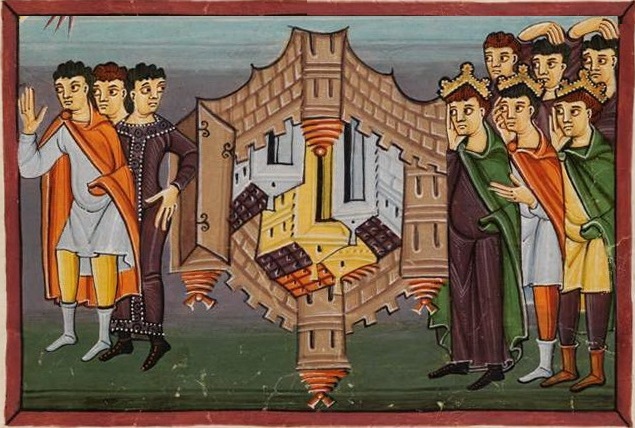
In Yerushalayim Besieged Jesus describes and laments the consequences that will befall Israel as a result of its rejection of the Kingdom of Heaven and its ways of peace.
Temple’s Destruction Foretold
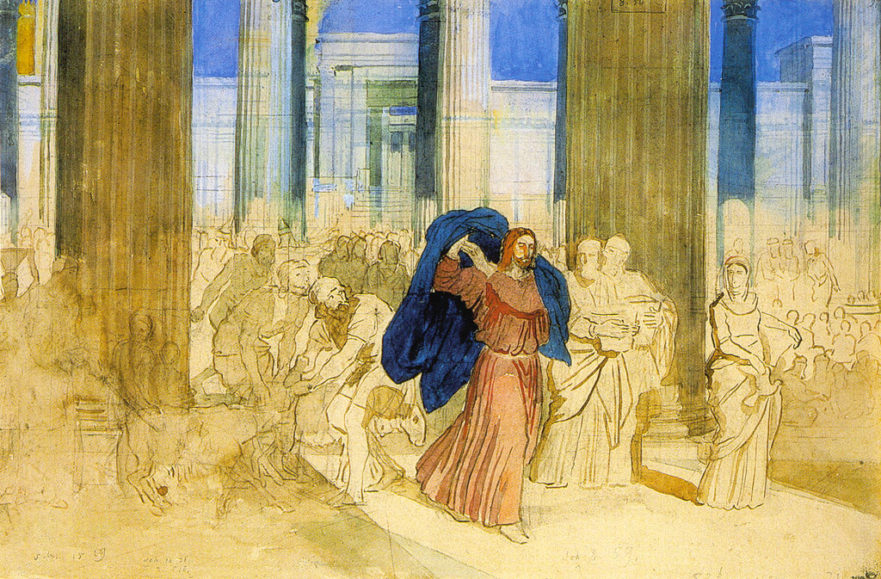
Overhearing an innocent expression of appreciation for the beauty of the stones from which the Temple was constructed, Jesus uttered the prediction that the time was shortly to come when not one of those stones would remain in its place.
“Destruction and Redemption” complex
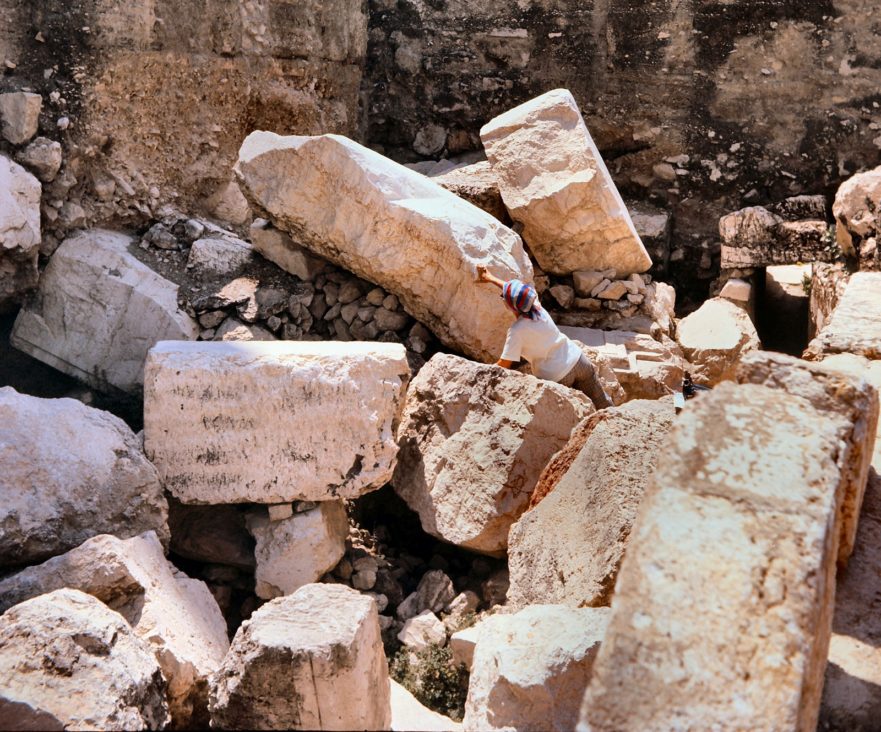
A reconstruction of Jesus’ prophecy of the coming destruction of the Temple and future redemption of Jerusalem.
The Times of the Gentiles and the Redemption of Jerusalem

In this article David Flusser applies the methods of the Jerusalem School of Synoptic Research and the insights of Robert Lindsey’s solution to the Synoptic Problem to Jesus’ prophecy concerning the destruction and liberation of Jerusalem.
From Ezekiel 17:24 and 21:3 to Luke 23:31: A Survey of the Connecting Jewish Tradition
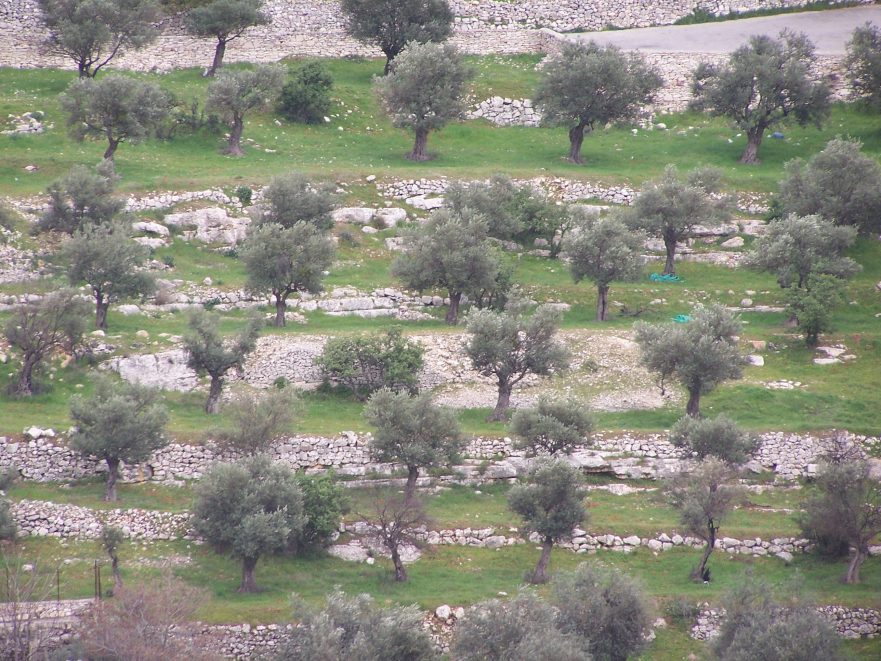
“For if they do these things in a green tree, what shall be done in the dry?” (Luke 23:31; KJV) Passages such as this demonstrate the indispensability of situating the teachings of Jesus within the context of Second Temple Period history, culture, literature, and language.
Fishers and Hunters: A Fishy Reading of Jeremiah 16:16
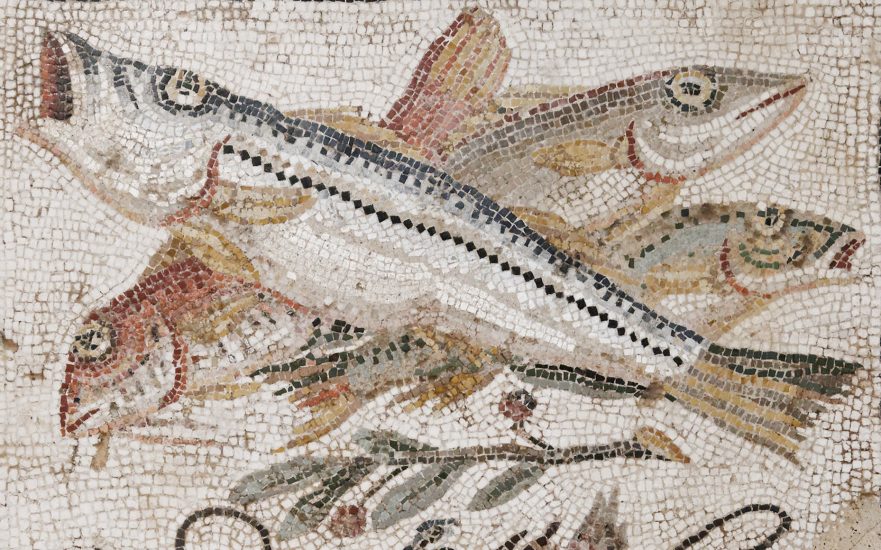
Based on on a “fishy” interpretation of Jeremiah 16:16, some Christians see it as their duty to warn Diaspora Jews of a coming persecution.
Romans 11: The Olive Tree’s Root
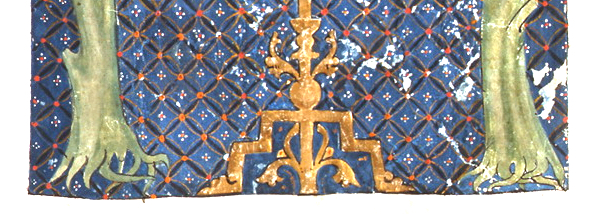
Paul spoke about Israel as a “cultivated olive tree” whose rootage was in the Patriarchs, particularly Abraham. Some Bible commentators, however, interpreted the root of the olive tree as Christ or his messianic program.
The Teaching of Balaam

Revelation 2:12-16 is one of those occasions when it is necessary for the Christian reader to be familiar with first-century Jewish interpretation of an Old Testament account.
666: One Number or Three?

Any objective reading of Revelation can hardly fail to see the importance of this number within the author’s web of historical signifiers.
The Season of Redemption

In the face of a national disaster, hope remained. Summer and its ripe figs—signs of future redemption—would come.
“He Shall Be Called a Nazarene”

One of the titles given to Jesus was “Nazarene.” Where did the title come from, and did it have any special significance? Ray Pritz traces the title’s origins.
Literary Languages in the Time of Jesus
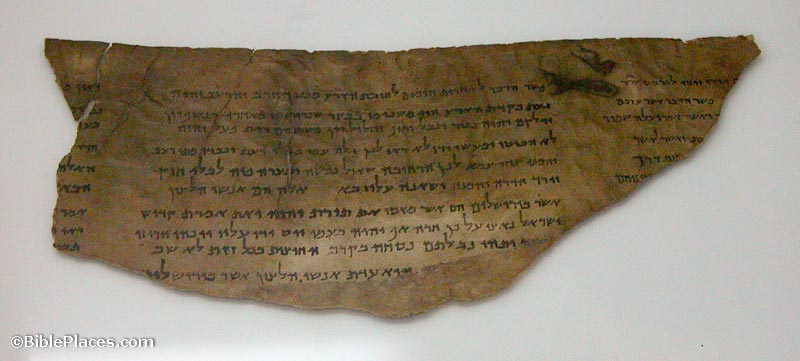
Not only was Hebrew the most prevalent spoken language in the land of Israel during the first century, it was also the language in which most literary works were written.

